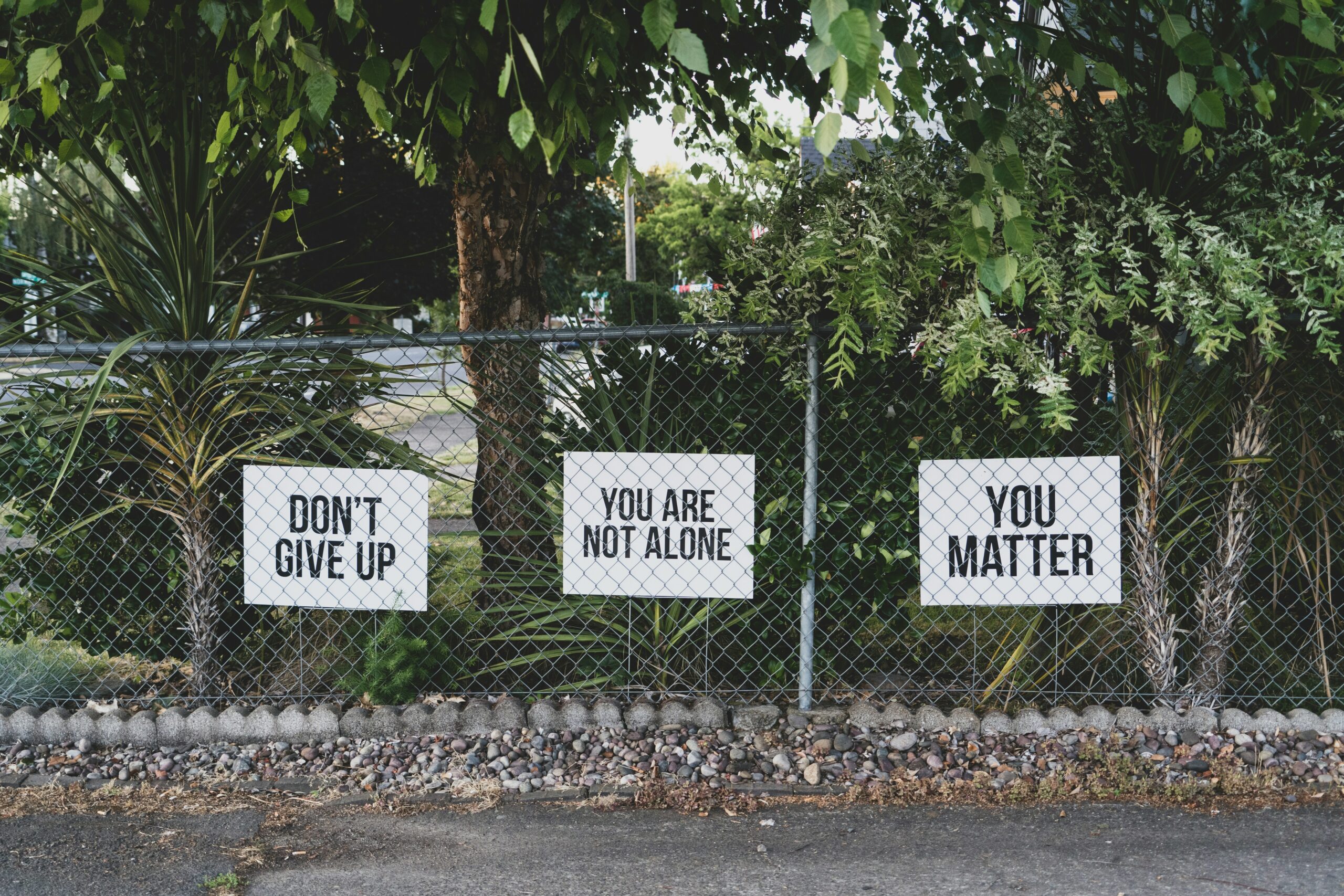In the previous column that I wrote, I introduced the topic of growth mindset vs fixed mindset. As a reminder, a growth mindset is a belief that people can learn new skills and abilities through practice, which embraces failed attempts. This view develops a strong love for learning, seeing life as an exciting journey with endless opportunities to develop. When “problems” occur, someone with a growth mindset is excited for the opportunity to learn and develop.
Those with a fixed mindset believe that one is born with certain abilities and talents, which change very little. With this mindset, the belief is that we achieve when we “play to our strengths”, but when faced with “problems” that cannot be solved by our current strength set. A fixed mindset avoids attempting to solve these problems out of fear that they will fail, rather than seeing the problem as an opportunity to learn a new skill.
Specifically, I spoke to the fact that education throughout the world has shifted, and those learners who have developed a growth mindset approach are the learners who will flourish most in the future. This is because learning, rather than content retention found in the traditional method of schooling, recognises that failing is an active part of learning any new skill. So how do educators begin to develop a growth mindset in their learners and celebrate this perspective in their classrooms? I believe there are three great starting points that all educators, and parents, can begin with:
- Celebrate Failure
What a traditional schooling system operates on is the assessment of learners’ ability to work with specific information or complete tasks, declaring either a “pass” or “fail” mark. What this has resulted in over time is that failure is seen as a negative by learners. In reality, we know that whenever we attempt to learn a new skill or work with new information, we often get it wrong in the beginning. Creating an environment where learners have the freedom to try and fail, allows for more meaningful learning and progression to take place, which celebrates a growth mindset.
- Encourage Reflection
In a world that is fast-paced and constantly changing, how often do we carve out moments in our days to reflect on work completed, learning that has happened, or how certain aspects of our days have panned out? For most, this happens very little. Part of developing a growth mindset is having these moments to stop and reflect on the learning that has/has not taken place, how it could be better, and setting a goal or strategy to ensure it improves moving forward. What this looks like in the classroom at The King’s College is learner-led conferences and reflection tasks after learning activities. When success or failure has happened, educators, parents and learners should be asking the question of why?
- Model Meaningful Criticism
Part of a fixed mindset is viewing criticism as a negative because the individual often feels like they as a person are being criticised. A growth mindset recognises that criticism is always (that is, good criticism) focused on the task or work completed, and not the person who completed it. If we want to foster a growth mindset within our learners we need to provide meaningful feedback, which will include positive criticism, which enables reflection and a more informed approach/attempt in the future. We also need to model what receiving this kind of criticism looks like within the classroom.
By Garth Stark


